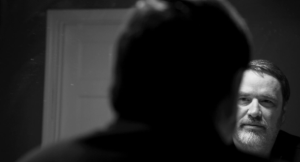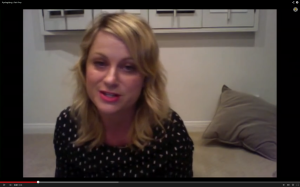I took a webinar with John Gottman of the Gottman Institute called “The Science of Trust.” Perhaps Gottman is most famous for his “four horsemen of the apocalypse” theory–that contempt, stonewalling, criticism, and defensiveness poison intimate relationships–and that the long-term success of a partnership can be calculated according to the frequency of these problematic dynamics. This particular webinar about trust explored active, healthy alternatives to repair interpersonal wounds.
Essentially, cognitively-based repairs (appeals to reason, logic, and problem-solving) aren’t as effective within intimate relationships as emotionally-based repairs. For example, empathy, self-disclosure, and investing extra attention/participation into the partnership all work at the emotional level. Emotional interventions help relax someone in distress, thereby encouraging them to make any decisions outside of duress. Within an intimate relationship, logic and “fixing” other’s problems can be experienced as dismissive, shallow, or intrusive.
Many people are not taught intimacy skills–it’s not a formal study in primary school. Some of us learn from family and community role models–other people don’t have this access or experience.
After an interpersonal or developmental trauma, a person is likely to experience hypervigilance–fight/flight responses–and/or avoidance–flight/freeze responses, even within more moderate conflicts. Effective conflict resolution within a healthy relationship requires active participation, deliberation, and transparency from all involved parties. Often, a partner can facilitate a step down the scale of hypervigilance. Gottman and others use the acronym ATTUNE to describe this stance in more detail: awareness, turning towards, tolerance, understanding, non-defensive responding, and empathy. For a great video on empathy, click here: Brene Brown on Empathy.
Does this mean everything has to be hearts, puppies, and sunshine? NO! If people interrupt their conflict or trauma processing, something like the Zeigarnik Effect is likely to happen–people will remember (often at inopportune times) experiences they haven’t ATTUNED to in a healthy relationship. If we haven’t ATTUNED to a partner’s distress, we are most likely telling a negative fictional story about our partner’s abilities.
People who avoid relational conflict have a tendency toward infidelity and and other betrayals, which likely create more (internal) conflict and avoidance. People who address conflict also practice relaxation and co-construct viable creative solutions, over time, with additional input & information.



